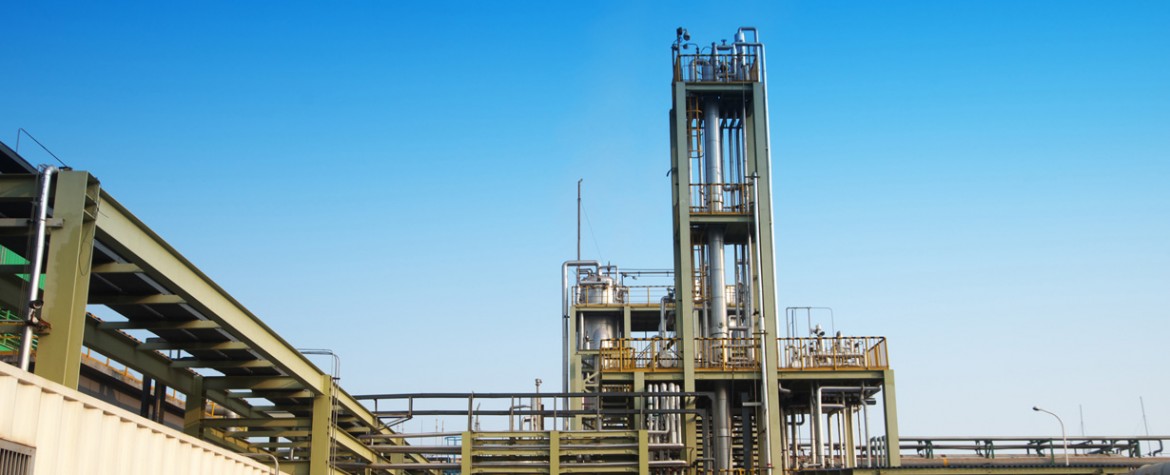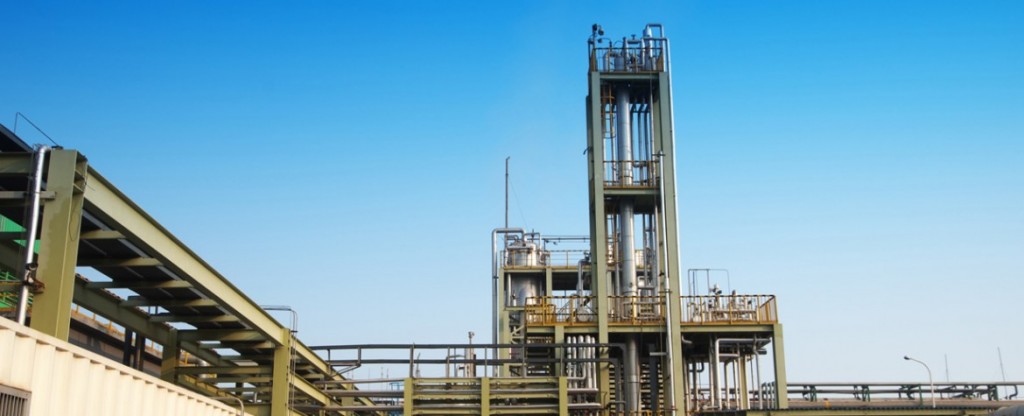LanzaTech announced yesterday that it has partnered with ArcelorMittal, a leading steel and mining company, and Primetals Technologies, a technology and service provider to the iron and steel industry, for a bio-ethanol project that will use waste gases, e.g. carbon monoxide, produced from steelmaking process as feedstock.
The pilot project is expected to have a 47 ktpa capacity sufficient to fuel half a million cars with ethanol-blended gasoline. Approximately 50% of the carbon used in steelmaking leaves the process as carbon monoxide, and this waste gas stream is either flared or used to heat and power the steel mill. The CO2 is combusted and the resulting CO2 is emitted. LanzaTech’s technology recycles the waste gases and ferments them with a proprietary microbe to produce bioethanol. Every ton of bioethanol produced, reportedly displaces 5.2 barrels of gasoline as well as reduce ArcelorMittal’s CO2 emissions by 2.3 tons.
The EUR87 million project will be located at ArcelorMittal’s steel plant in Ghent, Belgium, and is expected to start mid-2017. Phase one of the construction will provide initial capacity of 16 ktpa of ethanol by mid-2017, and phase 2, which will be completed in 2018, will bring the total capacity to 47 ktpa of ethanol. If scaled up to its full potential in Europe, the technology could produce around 500 ktpa of bioethanol.
ArcelorMittal intends to set up a dedicated company for the roll out of this technology with strategic financial partners. A total of EUR10.2 million has been secured under the EU’s 2020 Horizon program for R&D, and talks are taking place with potential equity and debt partners.
Primetals Technologies will be responsible for part of the engineering, automation, key equipment and commissioning. ArcelorMittal has been working with LanzaTech since 2011.
By the way, LanzaTech was recently recognized as one of the winners of the 20th Presidential Green Chemistry Challenge Awards this year given by the US EPA. LanzaTech was given the award for Greener Synthetic Pathways with its gas fermentation process. Other winners include Soltex (Synthetic Oils and Lubricants of Texas) awarded for its novel high-efficiency process for the manufacture of polyisobutylene; Hybrid Coating Technologies for its hybrid non-isocyanate polyurethane/Green Polyurethane; Renmatix for its Plantrose process; Algenol for its biofuel process; and Professor Eugene Y.-X of Colorado State University for its development of greener condensation reactions for renewable chemicals, liquid fuels and biodegradable polymers.
LanzaTech CEO Jennifer Holmgren will also receive the 2015 BIO Rosalind Franklin Award next week at the BIO World Congress in Montreal, Canada. The Rosalind Award was establish to honor an outstanding woman in the field of industrial biotechnology.





